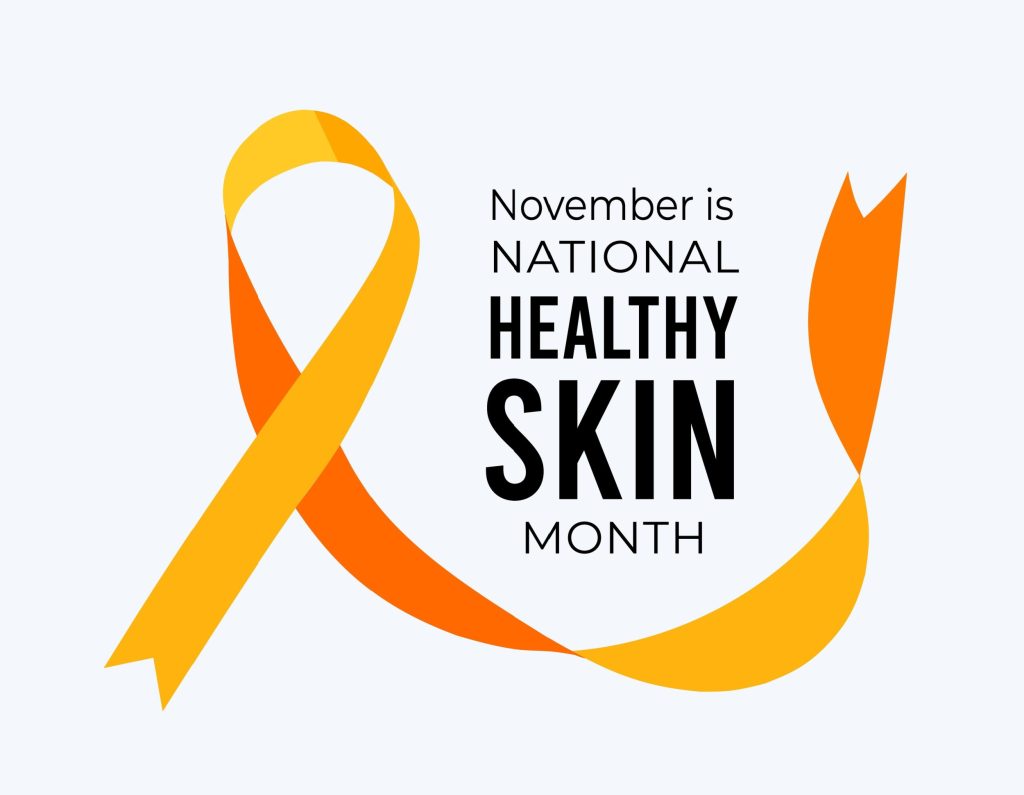
Plantar warts are growths that form on the heels and soles of the feet. They are caused by the same virus as common warts – the human papillomavirus (HPV). HPV is a viral infection that produces skin or mucous membrane warts. The virus does this by excessively producing keratin, a protein that makes up the top layer of skin. This rapid cell growth generates a buildup of thick, hard skin in the infected area.
HPV is fairly common, and many people can encounter infections that cause no reaction at all. Only a handful of HPV infections actually cause warts, which typically are harmless and benign. Plantar warts are normally noncancerous.
While having plantar warts are not a walk in the park by any means, receiving a diagnosis of an HPV infection of the feet doesn’t have to leave you feeling frazzled.
Keep reading to learn more about types of plantar warts, specific plantar warts risk factors, preventative measures, and treatment options for plantar warts.
Types of Plantar Warts
- Myrmecial-type plantar warts
Instead of growing out from the skin, these plantar warts grow into the skin, usually in areas where lots of pressure is placed on the feet. They usually look like fleshy growths with black pinpoints, and most are surrounded by thick, calloused skin. They may cause pain and pressure while walking or standing. These are caused by the HPV-1 infection.
- Mosaic-type plantar warts
In cases where someone is infected with HPV-2, they may experience mosaic-type plantar warts. These are characterized by clusters of plantar warts that grow together. Mosaic-type plantar warts tend to be flatter than myrmecial-type plantar warts and less bothersome.
Both types of plantar warts can cause pain and discomfort to the infected area as well as surrounding skin. This may cause someone to walk differently, or even change their posture to accommodate for the “injury” to the foot.
Risk Factors
- Age – children and teenagers are more likely to get warts because their immune systems aren’t fully developed.
- Skin damage – HPV can enter the body through skin breaks like cuts or scrapes. The virus thrives in moist skin environments that are wounded.
- Weakened immune system – people who have conditions that affect the immune system are at greater risk of becoming infected with HPV and developing warts, because their bodies have a hard time fighting off the virus.
Like regular warts, plantar warts are contagious. If you pick or scratch at a plantar wart, you can spread the virus to your fingernails, and other parts of your own body. Skin-to-skin contact and sharing personal hygiene items like razors, towels, and clothes also allow for spreading.
Prevention
- Do not walk barefoot in shared community spaces such as locker rooms, dressing rooms, shower stalls, dormitories, or hotel rooms. Consider covering your feet or wearing shower sandals when in these environments.
- Avoid touching, picking at, or scratching a wart. If you touch an active wart, wash your hands immediately.
- Keep your feet dry and clean. Plantar warts grow well in warm, damp surroundings.
- Cover warts, cuts, and scrapes with a bandage.
- Do not share personal items such as socks, towels, pumice stones, nail files, or washcloths with other people.
Treatment
Most warts are harmless and do not require treatment. They resolve on their own in children and adults, although warts on adults can take up to several years to disappear.
Warts can be removed if they become painful, irritating, or if they start to multiply. At-home treatments include drugstore peels with salicylic acid and freezing with nitrogen. In a dermatologist’s office, popular treatment options also include prescription-grade salicylic acid peels or nitrogen freezing. Surgery, shaving with a surgery razor, and laser treatments are also effective at removing warts.
If you have warts that are causing pain, changing in shape or color, oozing pus, or not healing with at-home treatments, contact your dermatologist right away to determine if they need medical attention. At Florida Dermatology and Skin Cancer Centers, we specialize in all conditions of the hair, skin, and nails, and our medical team is experienced in diagnosing and treating plantar warts as well as common warts found in other areas.
For more information, or to schedule a comprehensive annual skin exam, call (855) FLD-SKIN, or visit www.fldscc.com.


